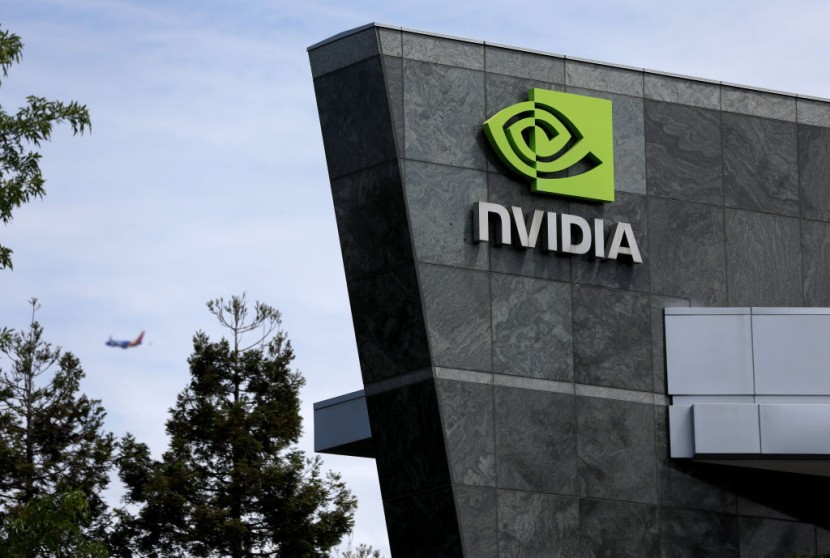
Nvidia expressed concern that further US semiconductor export restrictions to China would risk a "permanent loss" for the country's semiconductor firms to lead in one of the world's largest and most competitive markets.
The company's warning followed rules introduced last year restricting it from selling its top-end A100 and H100 graphics processing units to China.
It was previously reported Washington was considering new export restrictions on semiconductors used in artificial intelligence (AI), which firms like Nvidia were designing.
"We believe the current regulation is achieving the intended results," Nvidia CFO Colette Kress said on the company's earnings call Wednesday (August 23). "Given the strength of demand for our products worldwide, we do not anticipate that additional export restrictions on our data center GPUs, if adopted, would have an immediate material impact to our financial results."
However, she added, the restrictions against the sale of Nvidia data center GPUs to China would mean the diminishing of the US semiconductor industry's competitiveness in the market, Kress added.
The company's statement was a doubling down of its June warning that the US semiconductor industry would be hit by further curbs on chip exports.
Nvidia's Comments A Reflection of Market Standings
According to CNBC, Nvidia's comments reflected the fact that, in its latest quarterly report, China accounted for 20% to 25% of its revenue in its data center business, which is currently its biggest unit, accounting for a 171% year-on-year (YoY) sales growth to a record $10.32 billion revenue in the June quarter.
"Despite concerns that we are in some sort of tech bubble, Nvidia once again smashed estimates and delivered a set of results that shows it has no signs of slowing down," Quilter Cheviot equity research analyst Ben Barringer told Verdict.
The latest figures meant Nvidia's stock has rallied more than 220% this year, with the company expecting revenue growth to nearly triple YoY in the September quarter.
Meanwhile, the US government said its export restrictions were aimed at stopping China from obtaining technology that could be used for military purposes, given Beijing's overall goals of annexing Taiwan and the South China Sea to its territory, as well as gaining hegemony over the Asia-Pacific region, and perhaps over the world.
By most accounts, and despite geopolitical tensions between Washington and Beijing, Nvidia's chips - which go into data centers and are able to facilitate the training of the huge AI models, such as those that underpin ChatGPT - are ahead of rival offerings.
Chinese companies that train huge data sets also rely on such chips as it consumes around 40% of chips manufactured globally, but is only 12% self-sufficient.
© 2025 HNGN, All rights reserved. Do not reproduce without permission.








